Struggling to drift off when the nights turn sticky and warm? You’re not alone! As lovely as those long, sunny summer days can be, they often bring stuffy bedrooms, sweaty sheets and hours of tossing and turning. The good news? There are plenty of simple tweaks that can help you keep your cool and enjoy a restful night—even when the temperatures rise. From clever bedding hacks to easy ways to keep your room feeling fresh, we’ve rounded up the best tips to help you sleep well this summer. Sweet dreams (no fan required—well, maybe just a little one!).
1. Maintain a healthy weight
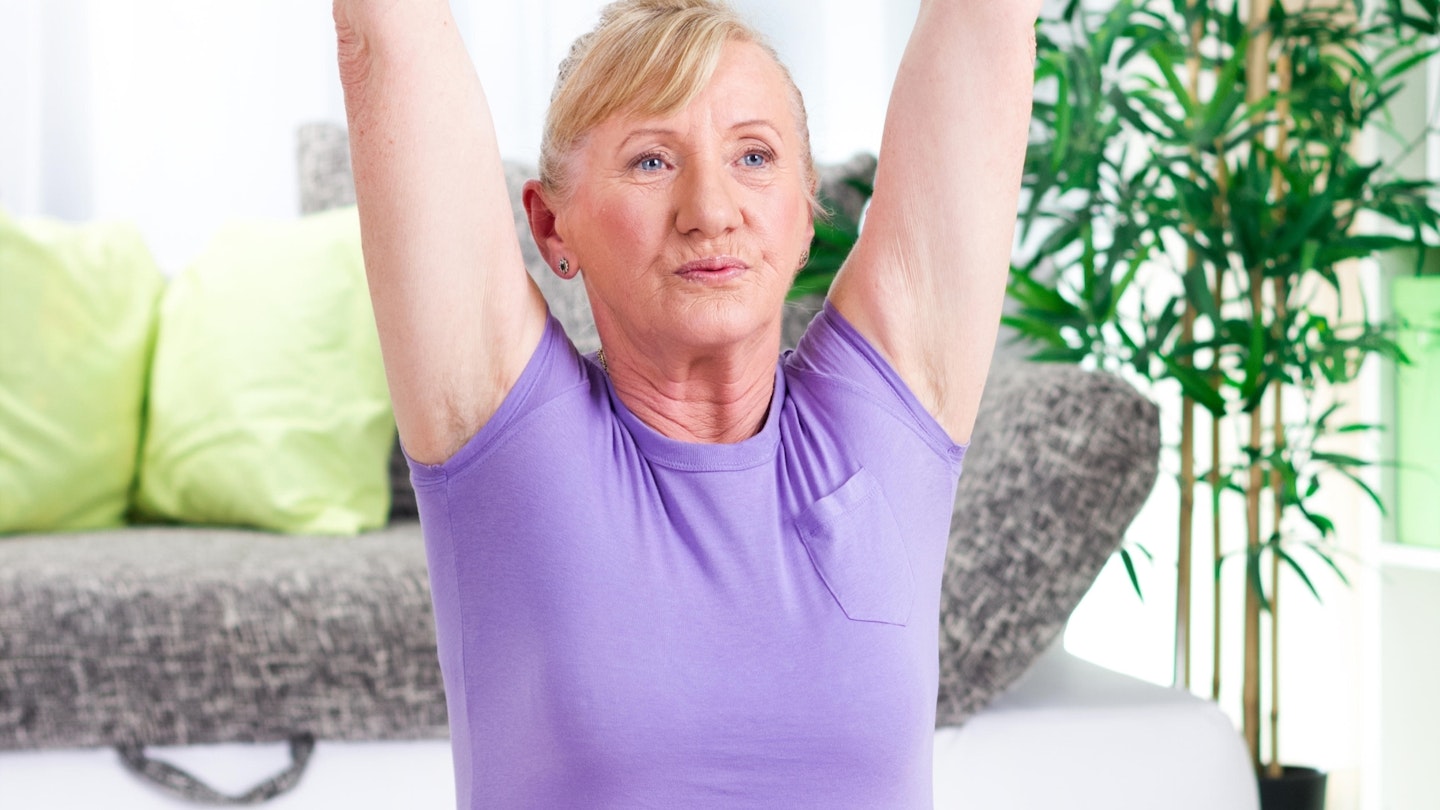
If you suffer from sleep apnoea or find yourself waking frequently in the night, think about having a health MOT. “Repeated awakenings disturb sleep quality and can mean that someone may be chronically tired during the day, even though they think they had enough sleep at night – because their sleep was so disrupted. It can also put a strain on the heart,” says sleep expert Dr Lindsay Browning. As well as seeking medical advice, it’s advisable to follow a healthy diet and exercise plan for over 50s. “If someone is overweight, the additional mass can make this problem even worse,” Dr Browning says. “Women are likely to put on weight post menopause due to falling hormone levels that affect fat storage and the fact that our basal metabolic rate (BMR) also slows down.” She recommends exercises that build muscle tone. “Resistance training and lifting weights can be especially helpful post menopause to counter the reduction in muscle mass. Increased muscle mass increases your BMR, meaning that you burn more calories even when you aren’t doing exercise compared to when you have lower muscle mass.”
2. Reduce light at night
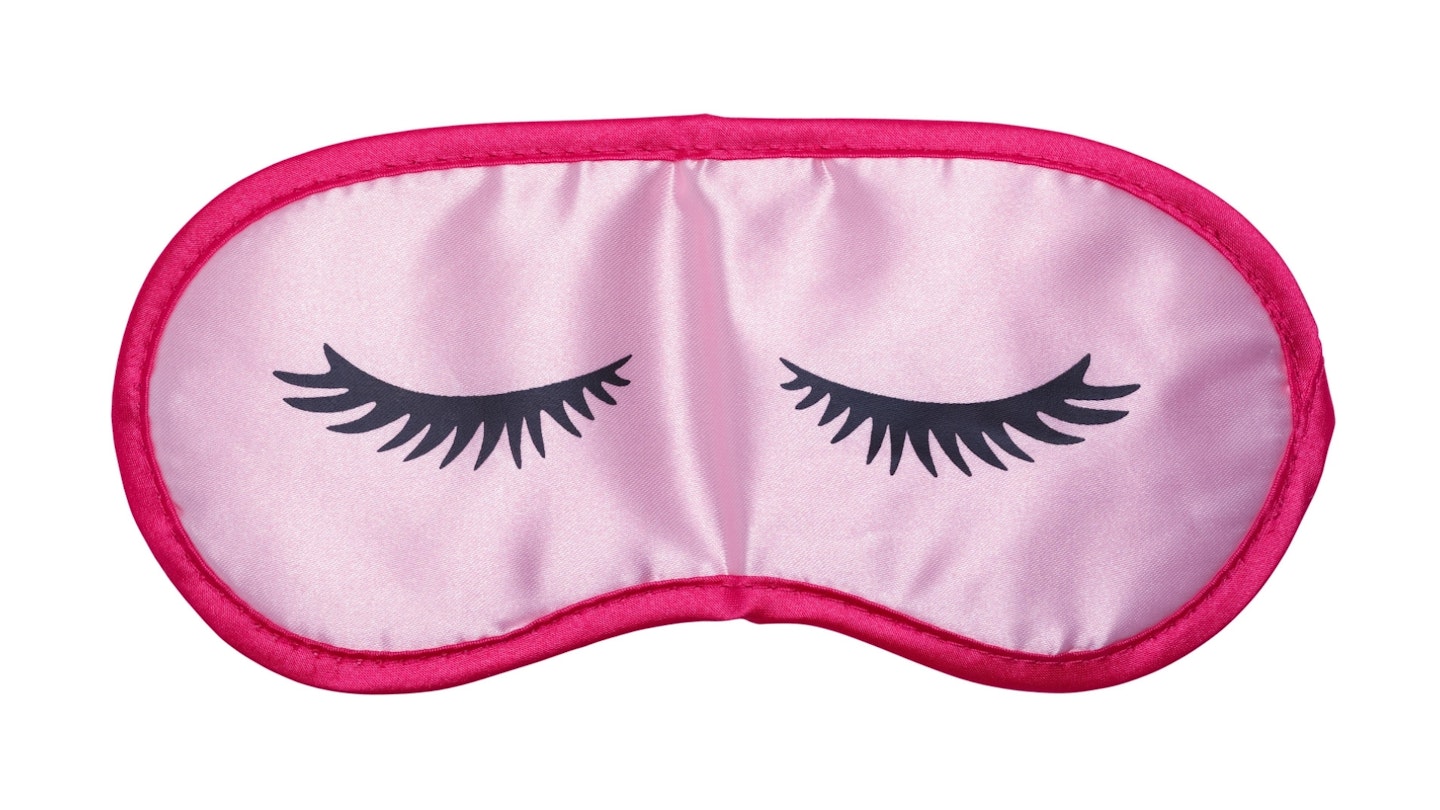
Melatonin is a hormone that helps to bring on the onset of sleep, and our bodies start to produce it in the darker hours before bed. “Increased sunlight exposure causes a reduction in our melatonin production, meaning that people tend to sleep for fewer hours in the summer compared to the winter, where there are longer, darker nights,” says Dr Lindsay Browning. Invest in blackout blinds or curtains, or treat yourself to a nice eye mask for sleep for a more cost-effective option. Also, think about artificial light – electronic devices contain stimulating blue light, so try to keep smartphones, iPads, and tablets out of the bedroom, and try reading a good old-fashioned book in bed instead!
3. Keep your cool
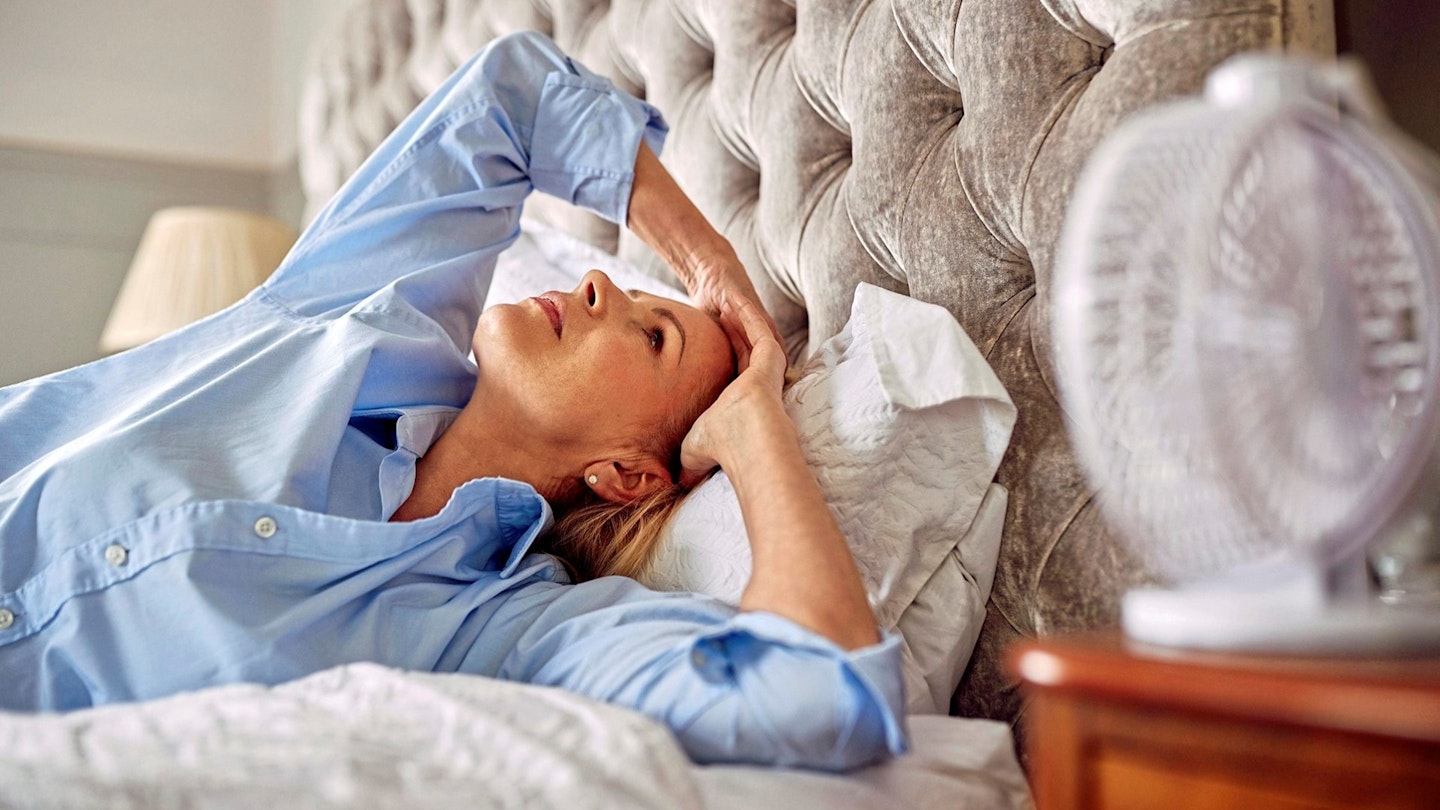
While we enjoy a much more pleasant climate in the summer, it can leave us feeling hot and bothered – especially when it comes to sleep. “As you fall asleep, your core body temperature drops, so increased temperatures during the summer can lead to problems sleeping,” Dr Lindsay Browning says. “If the room you are sleeping in is too hot, your body can struggle to drop in temperature, and falling asleep and staying asleep can become harder. For women experiencing menopausal symptoms, such as hot flushes, this can make hot summer nights even more difficult.” If you do suffer from hot flushes during the night or struggle to sleep, think about what you eat and drink. Alcohol affects temperature regulation, and therefore you may want to avoid alcohol near to bedtime,” Dr Browning says. “Spicy foods can also make you too hot during the night, so once again, you may want to avoid anything too hot and spicy in the evening.”
4. Don’t take on too much
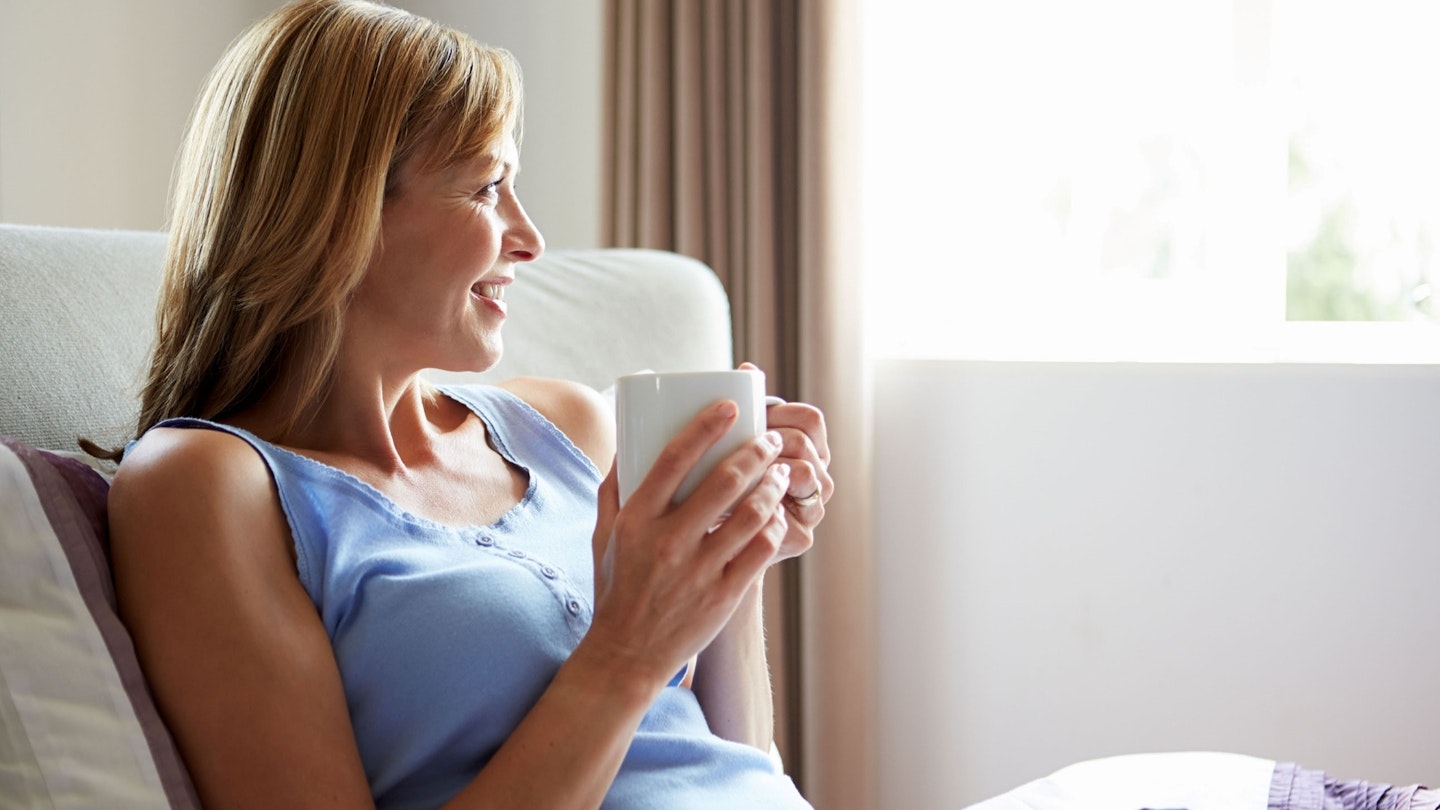
We often have multiple caring responsibilities in our lives, which can leave us with no time to ourselves – alongside the stress of worrying about others. “When you are stressed, you will produce adrenaline and the stress hormone cortisol,” says Dr Browning. “Sleep is more difficult due to physiological arousal as well as a busy mind. During menopause, it’s often a time where women are caring for elderly relatives, as well as children or grandchildren.” Self-care at this time is vital. “Even though many people find it difficult to justify taking some time out just for them, it is vital to make time to do things that will improve your own physical and mental health so that you can be a happier and healthier person to help those around you,” Dr Browning says.
5. Know that it’s normal
Poor sleep can turn into a vicious cycle if you go to bed worrying about whether you will fall asleep, which makes the problem even worse. The first thing to know is that you’re normal. “Twelve per cent of women experience sleeping problems, but this rises to 40-60 per cent during the peri and postmenopause,” says Dr Browning. “The most common problem is falling asleep.” Cognitive Behaviour Therapy for insomnia (CBTi) is a talking therapy that can help to address anxieties and unhelpful thought patterns around sleep. Some sleep programmes are available on the NHS. Ask your GP for a referral or visit nhs.uk to find out more.
What sleep apnoea?
Sleep apnoea is a condition where your breathing stops and starts while you are asleep. The most common type is obstructive sleep apnoea (OSA), which needs to be treated to avoid becoming a more serious condition. “OSA is more common post menopause, as there are changes to muscle strength due to the reduction of hormones, such as oestrogen and progesterone,” says sleep expert Dr Lindsay Browning. “If the muscles of the throat become weaker, they are more likely to collapse during the night, causing obstructive sleep apnoea.” OSA occurs when the airway becomes blocked during sleep, causing someone to stop breathing. “This lowers oxygen levels in the blood, eventually leading to the person waking up from sleep to take a big gasp of breath and then going back straight to sleep again,” Dr Browning says. “Loud snoring and waking up choking, or gasping for breath are common signs that the person may have OSA.”
Dr Lindsay Browning’s tips to sleep-proof your bedroom

Keep your bedroom cool
In the summer, during a heatwave, start with making sure the room doesn’t get too hot in the first place. Keep curtains and windows shut during the day to keep the warm air out and stop the sun from warming up the room, then when the sun begins to set, you can open the curtains and windows to let the cooler air into the bedroom.
Choose natural fabrics
Invest in the best cooling nightwear. Nightwear made of natural fibres can help to wick away moisture and allow air to flow across the body. If you are experiencing hot flushes and night sweats, wearing night clothes can be helpful so that when you wake up covered in sweat, you can take the wet clothes off and replace them with a fresh, dry pair. It’s ideal to have a change of clothes handy near the bed. If you are particularly concerned about waking up with night sweats, sleep on a towel to help wick away any sweat, and when you wake up too hot and wet, you can simply take the towel off the mattress.
Invest in a good mattress
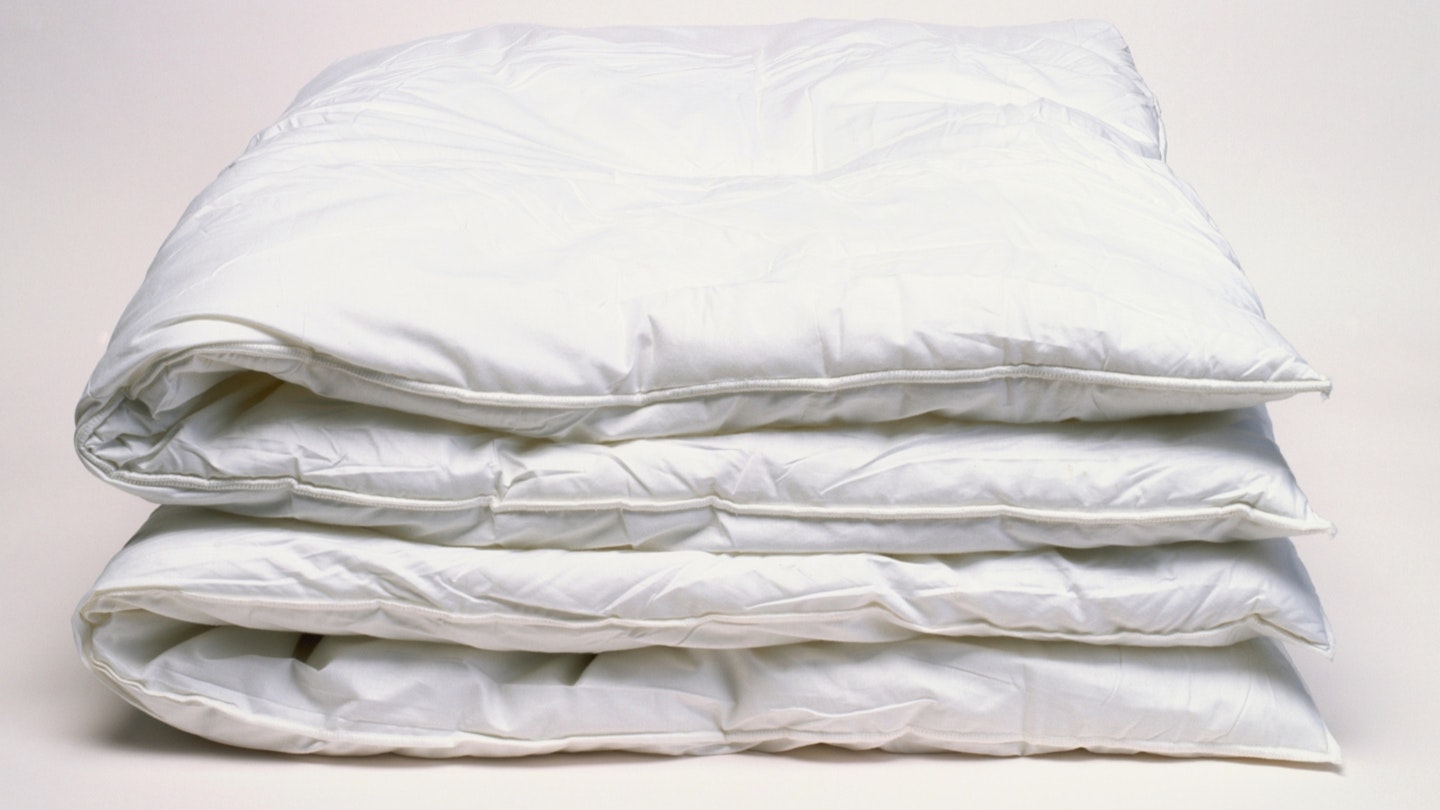
A breathable mattress is important for a good night’s sleep. Some mattresses do not allow air to flow within them and can cause heat retention, meaning you can get too hot during the night. Mattresses filled with natural fibres, such as wool, are much more efficient at allowing air to fly through them, keeping you cool.
Have his ’n’ hers duvets
If you share a bed with your partner, have separate duvets. Using two single duvets instead of one shared double means that you can pull off and on your duvet when you get too hot or cold without disturbing your partner. It also allows you to choose a different tog duvet from your partner – helpful if you have different requirements, especially during menopause.
Meet the expert

Dr Lindsay Browningis a leading sleep expert, psychologist, neuroscientist and author of Navigating Sleeplessness – visit troublesleeping.co.uk
